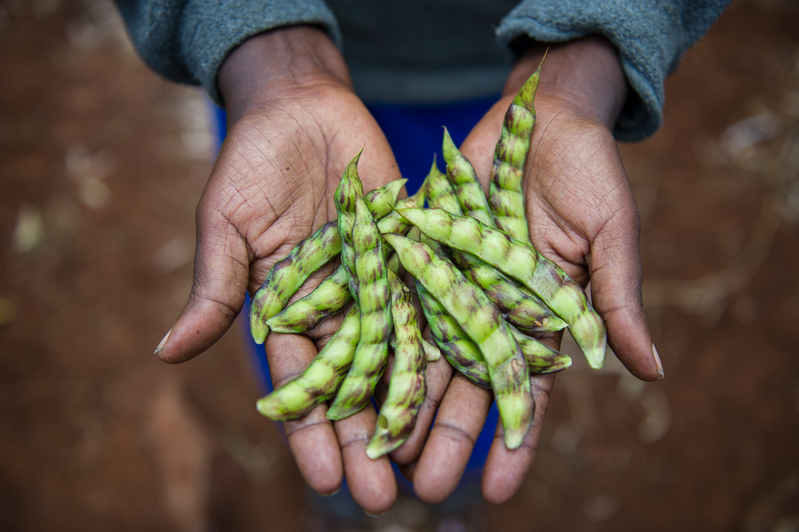Nairobi, 25 March 2021-Investigations by Greenpeace’s UK journalism unit, Unearthed, and Swiss NGO, Public Eye reveals how global pesticide giant Syngenta – and its predecessor companies (ICI and Zeneca) – has known for decades that a key safety feature in the world’s deadliest weedkiller fails to prevent poisoning deaths but that it led regulators and the public to believe it was effective.
The news comes as a whistleblower – senior toxicologist Professor Jon Heylings, who worked for Syngenta and its predecessors for 22 years – speaks out about how his warnings about the failings of this safety measure, and the “fabricated” report it was based on, were never acted upon by the company.
Paraquat, manufactured by Syngenta is the most lethal weed killer in the global market. Just one sip is enough to kill an adult human and there is no antidote. It is estimated to have caused tens of thousands of deaths worldwide since its introduction in the 1960’s, due to its use in suicides, as well as accidental ingestion – including by children mistakenly drinking it when decanted into soft drinks bottles. It is banned from use in more than 50 countries, including the UK.
“Despite its toxicity to human health and loss of lives due to this deadly weedkiller, Syngenta still manufactures thousands of tonnes of paraquat every year, which is then shipped to other countries around the world including Kenya and South Africa. In Kenya, paraquat is still approved for use as an active ingredient in various pest control products listed on the PCPB website,” said Claire Nasike, Greenpeace Africa’s Food Campaigner.
In order to make the product ‘safer’, Syngenta and its predecessor companies have been adding half a gram of an emetic – a vomit-inducing drug – to every litre of its paraquat-based weedkiller, Gramoxone, since the late 1970’s. The idea was to reduce the product’s toxicity by causing people who swallowed it to vomit out the paraquat before a fatal dose could be absorbed into the bloodstream.
However, internal documents – seen by Unearthed, and Swiss NGO, Public Eye – reveal how Syngenta and its predecessors knew for decades that the emetic did little or nothing to prevent deaths from paraquat poisoning – but continued to present it as effective to regulators and the public. Syngenta has also persuaded the Food and Agriculture Organisation of the United Nations (FAO) to adopt this concentration as a global specification, in the agency’s guidance on the standards all paraquat-based weedkillers should meet.
“This shows how far pesticides manufacturers prioritise profit over people and the planet. Kenya’s government must immediately ban paraquat among other toxic pesticides being used in Kenya. And ultimately, we need a global ban on this deadly pesticide,” concluded Nasike.
ENDS
Notes to the Editor:
For any enquiries about this investigation please contact: [email protected]
- Read the full investigation here
- Thousands of tonnes of banned pesticides shipped to poorer countries from British and European factories
- Link to petition to ban harmful pesticides
- More than 28,000 tonnes of paraquat mixtures were notified for export from the UK by Syngenta in 2018.
Media Contacts:
Greenpeace Africa Press Desk: [email protected]
Hellen Dena, Communications and Story Manager, [email protected], +254 717 104 144
 Get Involved
Get Involved
